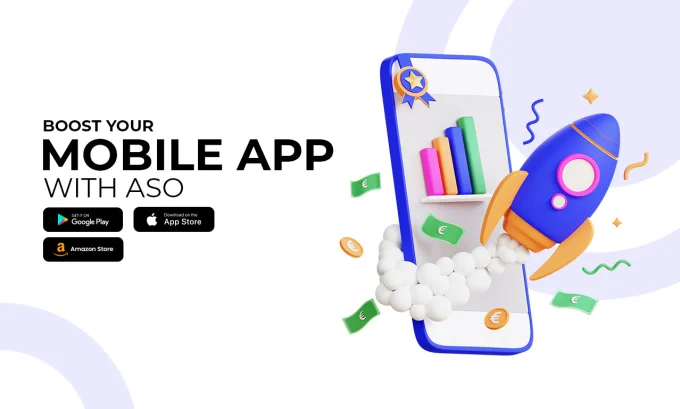Mobile App Marketing
- Home
- Mobile App Marketing
Mobile app marketing refers to the strategies and tactics used to promote mobile applications and increase their visibility, downloads, and user engagement. It involves various promotional activities aimed at attracting new users, retaining existing ones, and maximizing the app’s impact and success in the competitive app marketplace.
Key aspects of mobile app marketing include:
App Store Optimization (ASO): Optimizing the app’s visibility and discoverability on app stores (such as the Apple App Store and Google Play Store) through techniques like keyword optimization, compelling app descriptions, high-quality app icons, and engaging screenshots and videos.
Social Media Promotion: Leveraging social media platforms (such as Facebook, Instagram, Twitter, LinkedIn, and TikTok) to promote the app, share updates, interact with users, and run targeted advertising campaigns to reach potential users.
Influencer Marketing: Partnering with influencers, bloggers, YouTubers, and industry experts to promote the app to their followers and subscribers. Influencer endorsements can help increase credibility, trust, and app downloads among their audiences.
App Store Ads: Running paid advertising campaigns within app stores (such as Apple Search Ads and Google Ads) to target users searching for relevant keywords and drive app downloads. These ads can appear prominently in search results and increase app visibility.
Content Marketing: Creating valuable and engaging content related to the app’s features, benefits, and use cases to attract and educate potential users. This may include blog posts, articles, videos, infographics, and tutorials shared on the app’s website, blog, or social media channels.
App Review Sites and Blogs: Submitting the app to popular app review websites, blogs, and forums for coverage and reviews. Positive reviews and high ratings can enhance the app’s reputation, credibility, and trustworthiness among potential users.
Email Marketing: Building an email list of subscribers interested in the app’s niche or industry and sending targeted email campaigns to promote the app, share updates, and encourage app downloads. Email marketing can help nurture relationships with users and drive app engagement.
Referral Programs: Implementing referral programs and incentivizing existing users to refer their friends, family, and colleagues to download and use the app. Offering rewards, discounts, or exclusive content for successful referrals can help drive user acquisition and growth.
App Updates and Iterations: Continuously improving the app based on user feedback, app analytics, and market trends. Regularly releasing updates, bug fixes, and new features can keep existing users engaged and attract new users looking for innovative solutions.
App Analytics and Measurement: Monitoring app analytics and key performance indicators (KPIs) such as downloads, installs, retention rates, engagement metrics, and in-app purchases. Analyzing this data can provide insights into user behavior, preferences, and areas for improvement in the app marketing strategy.
By implementing a strategic mix of these mobile app marketing strategies, app developers and marketers can increase app visibility, attract high-quality users, and drive app downloads, engagement, and retention for their mobile applications.


